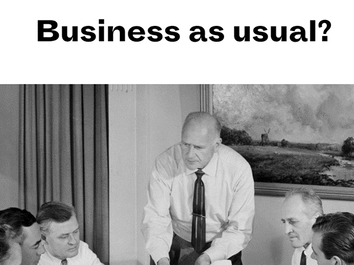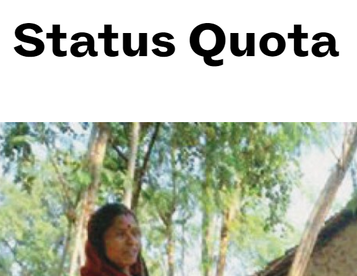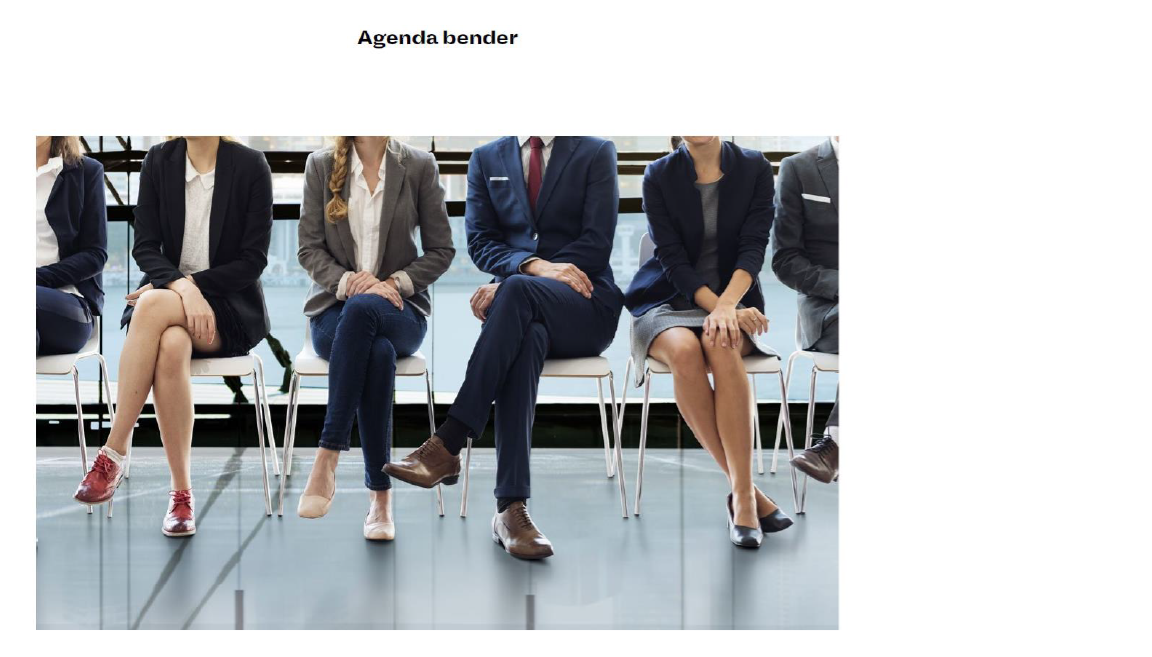"Why does workplace gender diversity (WGD) matter? This may seem like an obsolete question, given the ubiquity of platitudes regarding the importance of 'diversity and inclusion.' But in fact, WGD is a complicated and contested topic. Misunderstandings and disagreements regarding the nature of sex differences and their relevance in the workplace, neglect of the full breadth of reasons for striving to achieve greater WGD, and simplistic expectations of likely organizational benefits are commonplace." - Fine, Sojo & Lawford-Smith (2020), Social Issues & Policy Review.
Here you will find selected examples of Cordelia Fine's academic and popular work exploring the topic of workplace gender equality. University of Melbourne students can explore the subject Gender Diversity in the Workplace.
Cordelia Fine has spoken on this topic at a diverse range of organizations and events, including Women in Mining & Resources WA, Coles Group, Women World Changers Summit, European Molecular Biological Organization (keynote), National Gender Equality Conference Sweden (keynote), RANZCO Congress-Women in Ophthalmology and the Wellcome Sanger Institute.
LATEST RESEARCH:
Weaving, M., Alshaabi, T., Arnold, M.V. et al. Twitter misogyny associated with Hillary Clinton increased throughout the 2016 U.S. election campaign. Sci Rep 13, 5266 (2023). https://doi.org/10.1038/s41598-023-31620-w
Weaving M, Fine C & Haslam N (2022). Motivated inquiry: Ideology shapes responses to the Christian Porter rape allegation. Australian Journal of Psychology, https://doi.org/10.1080/00049530.2022.2061373
Morgenroth T, Ryan M & Fine C (2022). The gendered consequences of risk-taking at work: Are women averse to risk or to poor consequences. Psychology of Women Quarterly, https://doi.org/10.1177/03616843221084048
You can also read about this research in Forbes
"The media's role in reinforcing workplace inequalities or highlighting possibilities for change could have a large impact on community support for or rejection of workplace gender diversity, and initiatives to increase it."
|
|
What shifting notions of sex and gender mean for affirmative action in the workplace. "The primary problem ... is the set of social practices – economic, political, cultural, organisational, interpersonal and individual – that organises relations between people on the basis of their sex, in ways that perpetuate inequalities in material resources, power and status." |




